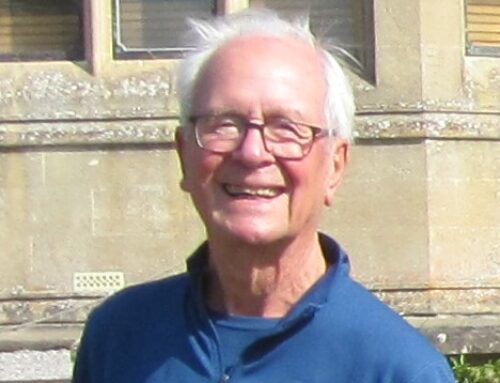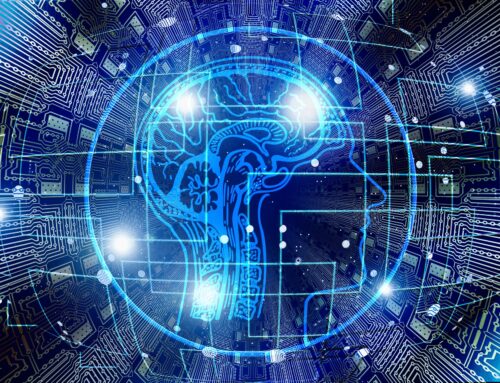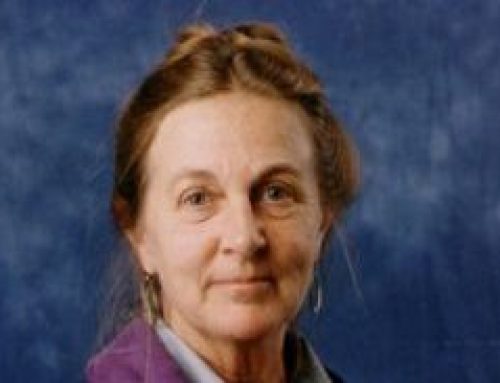The Origin and Purpose of the Universe
Paul Hague, 2016
To download a pdf, please click here.
Two of the eight questions that the Commission for Extended Science says in its remit cannot be answered by materialistic, mechanistic science are “The origin of everything. The Big Bang theory is full of holes” and “Inherent purpose in the universe”.
How can we address these issues in a rational, systemic manner that is acceptable to scientists who are open and willing to question their beliefs and assumptions? How can we humans discover the Origin and Purpose of the Universe? Indeed, do we yet know what the Universe really is?
Well, science is based on the observation of experiments, which are based on human experience. Such experiments sometimes require much practice to acquire the necessary skills and knowledge, like being a concert pianist. Scientists also need to ask questions to solve problems. Because science has traditionally focused its attention on our external worlds, it generally eschews psychological questions about our inner experiences that can only be answered by self-inquiry.
One of the most important of these evaded questions is “What is the essential difference between humans and machines with so-called artificial general intelligence?” I began to ponder this question after I wrote a program to calculate the roots of quadratic equations in September 1964 in my first job as a mathematician/programmer in the R&D department of the Central Electricity Generating Board.
However, I was not able to give my full-time attention to discovering what it truly means to be a human being until May 1980, a couple of days after resigning from my marketing job as an information systems architect with IBM in London. Being free of the constraints of the economic machine, I embarked on a thought experiment, inspired by the thought experiments that Albert Einstein conducted to formulate the special and general theories of relativity. The experiment is the reverse of Alan Turing’s imitation game, in which he sought to demonstrate that machines could think for themselves.
To show that this is not possible, I imagined that I was a computer that switched itself off and on again so that it had no programs within it, not even a bootstrap program to load the operating system. Starting from a tabula rasa ‘scraped tablet’, this computer then had the task of programming itself to integrate all knowledge in all cultures and disciplines at all times—past, present, and future—into a coherent whole, rather like the Internet. Without an external human programmer telling the machine how to do this, the only source of energy for this experiment in learning was from within the human being conducting the experiment in the Eternal Now, free of the past and the future.
Including the thought experiment in the territory being mapped, I observe it with my inner eye, like a television camera filming itself filming. However, I did not begin an experiment to map the Universe through an act of free will. It was something that happened to me following an apocalyptic, Kundalini-like, eureka moment three weeks earlier. Furthermore, I was well-prepared to conduct this autodidactic experiment by all the events that had happened to me during the thirty-eight years since my conception, none of which I had any control over as a being separate from any other being, including the Supreme Being. Similarly, these events happened to me, just like writing this article. I am conscious of doing so, revising and editing as necessary, but I am not in charge. As the Advaita sages teach, there is no doership.
This wondrous creative experience tells me that we humans are not machines and nothing but machines, invalidating the mechanistic paradigm that drives so much of science and business today. For computers operate in the horizontal dimension of time, receiving some input from the past, doing some data processing, and producing an output in the future, illustrated here. Nothing radically new can arise from such a mechanistic process.
Furthermore, my life experience shows that we are all interconnected to each other, to Nature, and to the Divine Cosmos. In Reality, none of us are autonomous beings, living our lives independently of others. Paradoxically, to realize this fundamental truth of existence, I have needed to distance myself from a world that believes that we, as separate beings, must fight each other for a slice of the finite monetary cake or that just pays lip service to the mantra that we are all one. Yet, we all have the potential to realize this truth in the depth of intimate being, if that is what is meant to happen in the collective.


